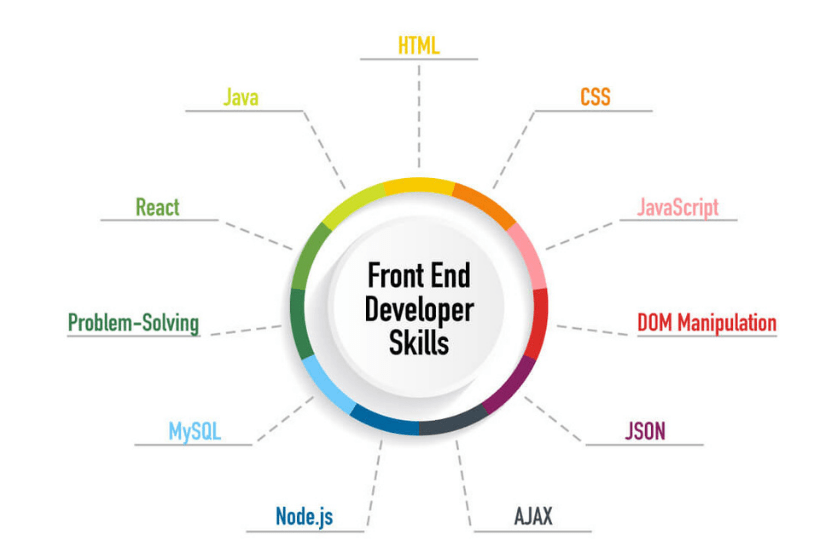Jenny Bersinic has worked as a strategic (digital) marketer and leader for over 12 years. As she was spending more time making data-led decisions alongside the analytics and business insights teams within her organization, she felt it was time to continue her journey as a lifelong learner, and invest in continuing to enhance her data IQ.

Jenny began researching data analytics boot camps and came across the UofT SCS Boot Camps offering. This data boot camp covered a wide range of concepts, and she liked that it was hosted by a reputable institution with a strong pedigree. To validate her decision to join, she sought the opinion of seasoned data professionals and researched feedback from previous alum.
“After researching the various courses and institutions offering data analysis as a focus, I felt that this offering was the most robust against the longest time frame, while covering a wide range of concepts and angles,” said Jenny.
Finding new ways to learn
While Jenny didn’t have coding experience going in, she was already familiar with many of the concepts in the data analytics boot camp because of her professional experience making data-led decisions as a (digital) marketing leader. Her classmates included people from all experience levels, she recalled, so the boot camp was beneficial for a wide range of coders.
“Providing a templated way of learning and setting up a framework at the beginning of the course was helpful because you do go through quite a lot of learning in a short amount of time,” said Jenny.
Jenny described the boot camp as learning a new language in one or two week sprints. And, like learning a verbal language, learning data analytics concepts and coding languages comes with built-in challenges.
Jenny’s favorite language was Python, and she initially struggled with VBA and loops. However, the most challenging aspect was the boot camp’s pace.
“It wasn’t necessarily that any one particular piece of the course was overly challenging. But because it’s a boot camp, you have to absorb and move fast,” said Jenny. “And that was the hardest hurdle to overcome, while managing a demanding career and balancing personal life.”
Luckily, she found support in the various resources available through the boot camp.
“I was able to take advantage of after-hours tutoring and to approach both my instructor and the assistant instructors with any questions I had,” said Jenny. “No question was too small or complicated.”
She also leveraged online resources that are widely available to help students learn the concepts.
“That was very valuable from a problem-solving perspective — to take advantage of the information already out there and to try to work through challenges yourself first. That’s part of the fun and learning process, too,” she said.
Reaching goals and exceeding them
When Jenny started the boot camp, she was leading a performance marketing team at a digital insurance company.
“I had one goal for myself going into all of this. If I was sitting at my computer late at night and I had a presentation the next day, and had to leverage the data on my own, would I be able to? In terms of pulling the data, cleaning it, and turning it into a visualization,” said Jenny. “I succeeded in my goal in that, going through this entire boot camp, I was exposed to everything.”
She has since accepted another leadership role at her organization within the business insights and planning team, where she’s in charge of standing up new internal capabilities. She coaches her team to pull quantitative and qualitative data stories together in order to help guide and influence strategic business decisions.
“Had I not taken the leap and immersed myself in this journey, I wouldn’t have been as well positioned for the work that I’m now leading in terms of insights, research, consumer and customer data, and information,” said Jenny.
With the support she received from the boot camp itself, insights from the data analysts and scientists she had access to, and her supportive team, Jenny was not only able to get through the boot camp, she was able to thrive in it.
“The boot camp is not for the faint of heart,” said Jenny. “Try some of the online courses beforehand to make sure that it is something you want to give this much of yourself to, because it does require dedication, sacrifice and time.”
As an experienced leader in a rapidly evolving market, Jenny has found it refreshing to push and challenge herself in new ways, proving her commitment to being a better business partner and leader through completing the data analytics bootcamp. She advocates that this knowledge is key not only for emerging talent and those changing careers, but also for seasoned marketers, digital marketers and business leaders of the future.
“You certainly walk away with a great foundational knowledge of different coding languages, concepts, and data visualization tools that can help in extracting meaningful insights for business optimizations as well as help in leading and supporting high performing teams,” said Jenny. “Do your research, talk to some people, read articles like this before you embark on the journey, and if you have to do some pre-work, don’t be afraid of it – regardless of if you’re starting out in your career or a seasoned leader.”
Interested in learning more about careers in tech? Check out UofT SCS Boot Camps in coding, data analytics, cybersecurity, and more.
This article was originally published on https://bootcamp.learn.utoronto.ca.




